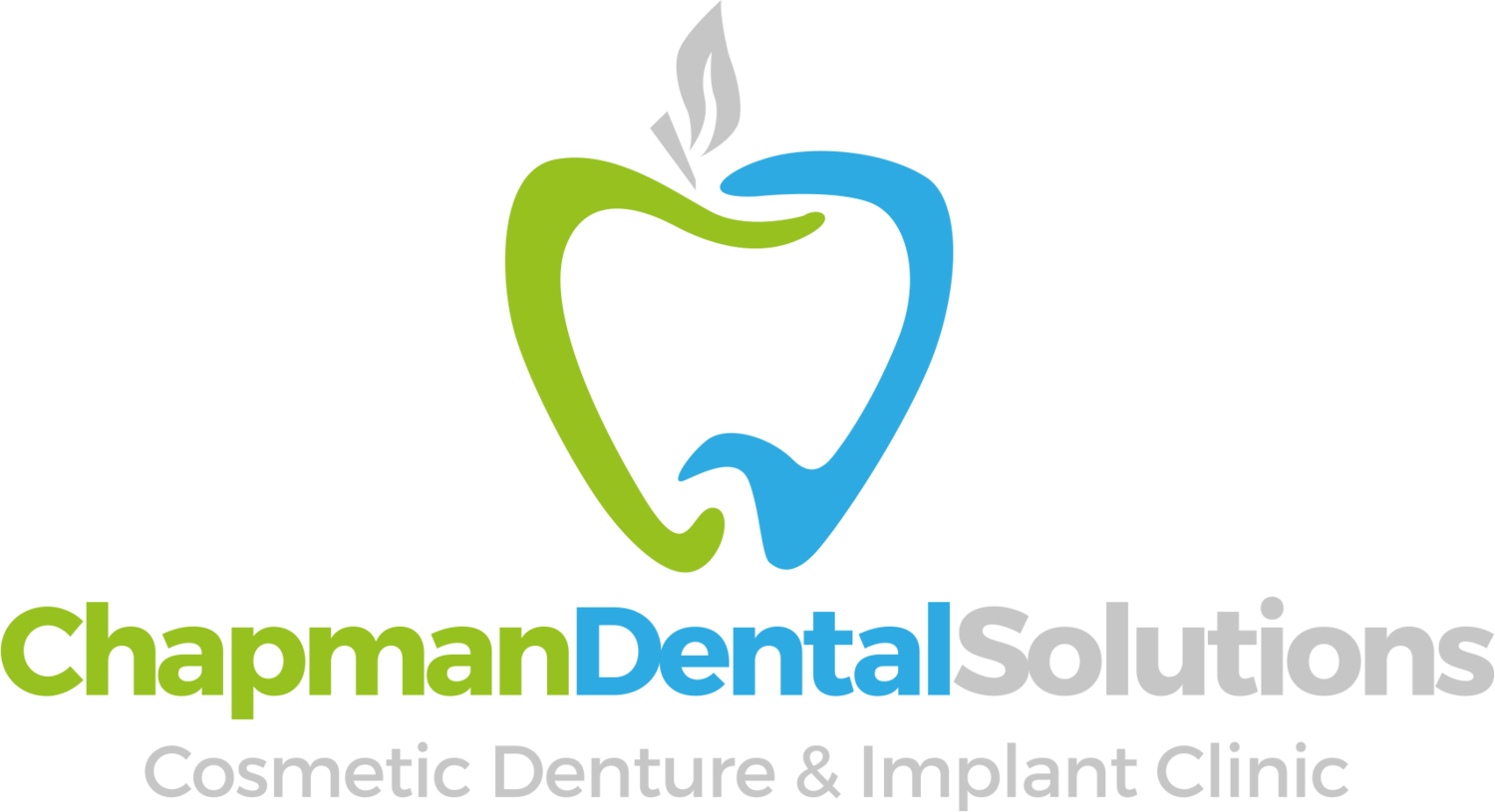Understanding the Advancements: Digital Dentures vs. Conventional Dentures
In the realm of modern dentistry, technological advancements continue to revolutionise traditional practices, offering patients enhanced comfort, functionality, and aesthetics. One such innovation is the advent of digital dentures, which have emerged as a compelling alternative to conventional dentures. While both options serve the critical purpose of restoring oral function and appearance, there are significant differences between them that deserve attention.
Design Process
Conventional Dentures: The fabrication process for conventional dentures involves several manual steps. Initially, impressions of the patient's mouth are taken using traditional materials. These impressions are then used to create a mould, which is used to craft the dentures by hand.
Digital Dentures: In contrast, digital dentures utilise advanced CAD/CAM (Computer-Aided Design/Computer-Aided Manufacturing) technology. Digital impressions of the patient's mouth are captured using intraoral scanners, eliminating the need for messy impression materials. The dentures are designed digitally using specialised software, allowing for precise customisation according to the patient's unique oral anatomy.
Accuracy and Fit
Conventional Dentures: Despite the skill of the dental technician, there may be limitations in achieving an optimal fit with conventional dentures. The analogue nature of the fabrication process can result in slight discrepancies between the final dentures and the patient's oral tissues.
Digital Dentures: Digital dentures offer unparalleled accuracy and fit. The digital design enables precise adjustments to ensure a snug and comfortable fit. Additionally, digital dentures can be fabricated using high-quality materials with minimal porosity, reducing the risk of irritation, and enhancing overall comfort.
Time Efficiency
Conventional Dentures: The production of conventional dentures typically involves multiple appointments spread over several weeks. Each step of the process, from impression-taking to final adjustments, requires time and coordination between the patient and the dental laboratory.
Digital Dentures: Digital dentures streamline the fabrication process, significantly reducing the time required to deliver the final prosthesis. With digital technology, dentists can expedite the design and manufacturing process, allowing for quicker turnaround times and fewer visits for the patient.
Customisation and Aesthetics
Conventional Dentures: While conventional dentures can be customised to some extent in terms of tooth shape, size, and shade, the level of precision may be limited. Achieving a natural-looking smile may require additional manual adjustments.
Digital Dentures: Digital dentures offer unparalleled customisation options. Dentists can precisely control every aspect of the denture design, including tooth morphology, arrangement, and colour. This level of customisation ensures that the final prostheses closely mimic the appearance of natural teeth, enhancing patient satisfaction and confidence.
Cost Considerations
Conventional Dentures: The cost of conventional dentures may vary depending on factors such as the materials used, the complexity of the case, and the expertise of the dental technician. However, in general, conventional dentures tend to be more affordable upfront.
Digital Dentures: Digital dentures may involve higher initial costs due to the advanced technology and equipment required for fabrication. However, considering the superior fit, durability, and aesthetics offered by digital dentures, many patients view them as a worthwhile long-term investment.
In conclusion, while both digital dentures and conventional dentures serve the essential function of replacing missing teeth, the choice between them ultimately depends on the patient's individual needs, preferences, and budget. Digital dentures represent a significant leap forward in precision, efficiency, and customisation, offering patients a modern alternative that combines superior fit and aesthetics with reduced treatment times. As technology continues to evolve, digital dentures are poised to become the gold standard in removable prosthodontics, revolutionising the way we restore smiles and enhance oral health.
Chapman Dental Solutions has been leading the way for digitally designed prosthetics for many years, with Ross Chapman at the forefront of the digital design movement - one of the key reasons why practices across the North East refer their patients for treatment. Enquire today to find out how digitally designed prosthetics can improve your smile.


